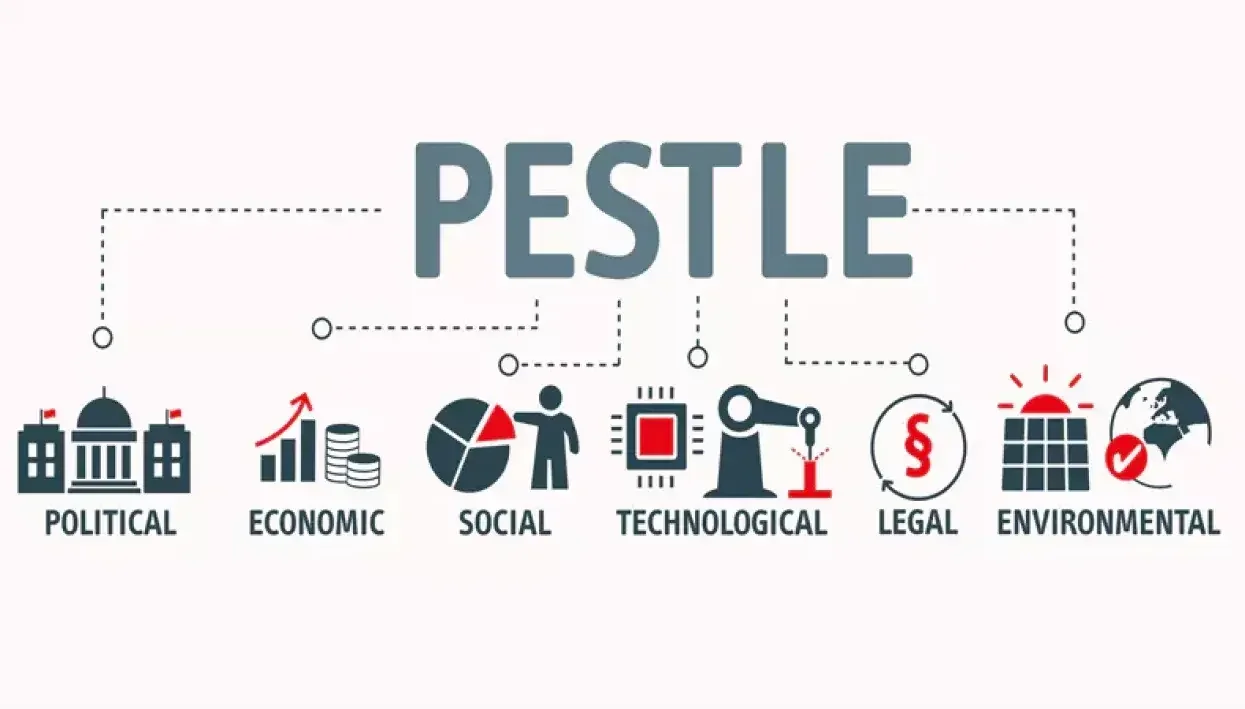Digital Printing
How to conduct a PESTLE analysis to get the global picture
Author
FESPA Staff
Published Date
20/01/2023
Become a FESPA Member
to Continue Reading
